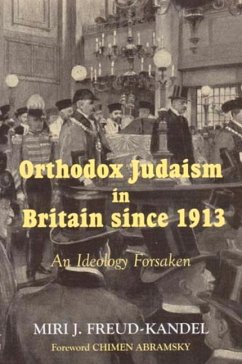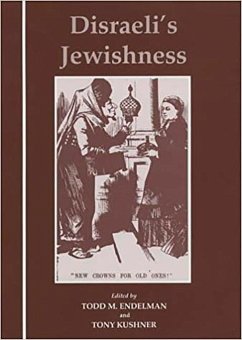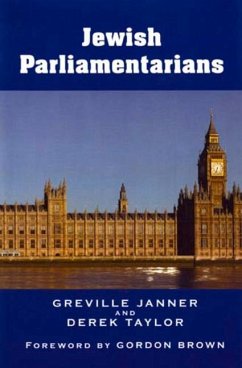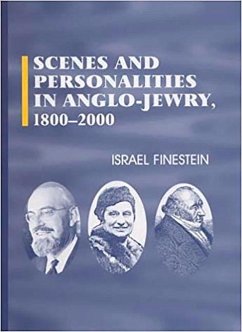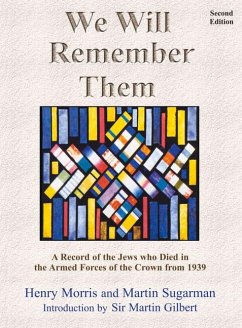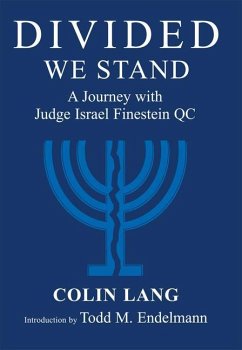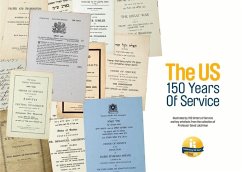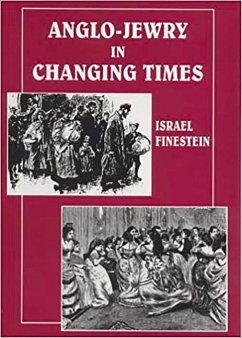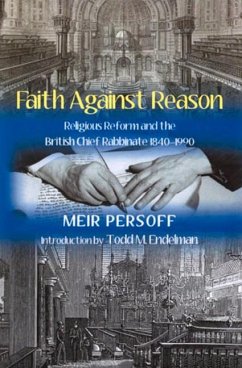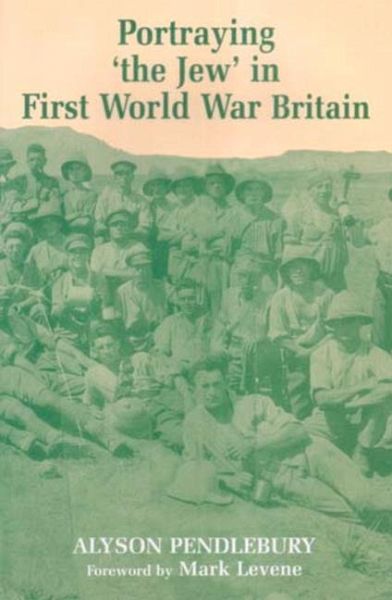
Portraying 'The Jew' in First World War Britain
Versandkostenfrei!
Versandfertig in über 4 Wochen
68,99 €
inkl. MwSt.
Weitere Ausgaben:

PAYBACK Punkte
34 °P sammeln!
The book focuses on Britain during the First World War and the immediate post-war period, and examines the use of biblical imagery with regard to representations of the nation and its perceived enemies. The study is constructed around four rhetorical themes: 'crusade', 'conversion', 'crucifixion' and 'apocalypse', and traces these through a wide variety of texts, including public lectures, sermons, press articles, political speeches and memoirs, pre-millennialist writings, cartoons, plays, poetry and popular fiction. The central argument is that in the context of rhetorically constructed 'Chri...
The book focuses on Britain during the First World War and the immediate post-war period, and examines the use of biblical imagery with regard to representations of the nation and its perceived enemies. The study is constructed around four rhetorical themes: 'crusade', 'conversion', 'crucifixion' and 'apocalypse', and traces these through a wide variety of texts, including public lectures, sermons, press articles, political speeches and memoirs, pre-millennialist writings, cartoons, plays, poetry and popular fiction. The central argument is that in the context of rhetorically constructed 'Christian warfare', religious language took on political significance, and old allegations against Jews began to recirculate. The study examines the religious, political and sexual fears associated by Christians with Jews during and after the war, and discusses the ways in which Anglo-Jewish writers, including G. B. Stern, Gilbert Frankau and Isaac Rosenberg, responded to these developments.



